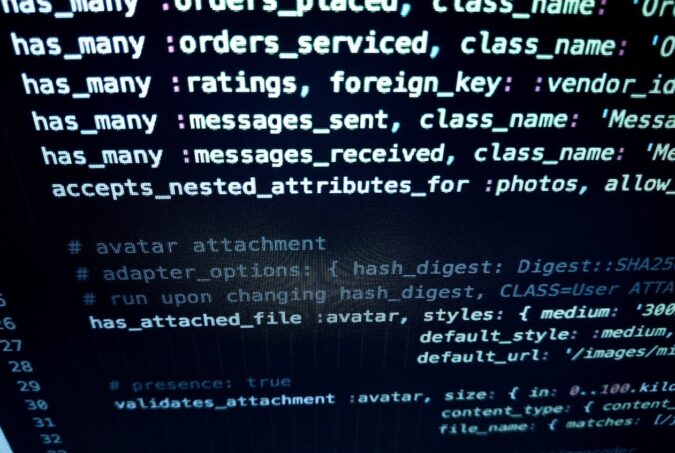The explosive growth of the Internet and its omnipresence in people’s daily lives has facilitated a shift in information seeking on health, with the Internet now a key information source for the general public, patients, and health professionals. The Internet also has obvious potential to drive major changes in the organisation and delivery of health services efforts, and many initiatives are harnessing technology to support user empowerment. For example, current health reforms in England are leading to a fragmented, marketised National Health Service (NHS), where competitive choice designed to drive quality improvement and efficiency savings is informed by transparency and patient experiences, and with the notion of an empowered health consumer at its centre. Is this aim of achieving user empowerment realistic? In their examination of health queries submitted to the NHS Direct online enquiry service, John Powell and Sharon Boden find that while patient empowerment does occur in the use of online health services, it is constrained and context dependent. Policymakers wishing to promote greater choice and control among health system users should therefore take account of the limits to empowerment as well as barriers to participation. The Dutch government’s online public national health and care portal similarly aims to facilitate consumer decision-making behaviour and increasing transparency and accountability to improve quality of care and functioning of health markets. Interestingly, Hans Ossebaard, Lisette van Gemert-Pijnen and Erwin Seydel find the influence of the Dutch portal on choice behaviour, awareness, and empowerment of users to actually be small. The Internet is often discussed in terms of empowering (or even endangering) patients through broadening of access to medical and health-related information, but there is evidence that concerns about serious negative effects of using the Internet for health information may be ill-founded. The cancer patients in the study by Alison Chapple, Julie Evans and Sue Ziebland gave few examples of harm from using the Internet or of damage caused to their relationships…
Policymakers wishing to promote greater choice and control among health system users should take account of the limits to empowerment as well as barriers to participation.










